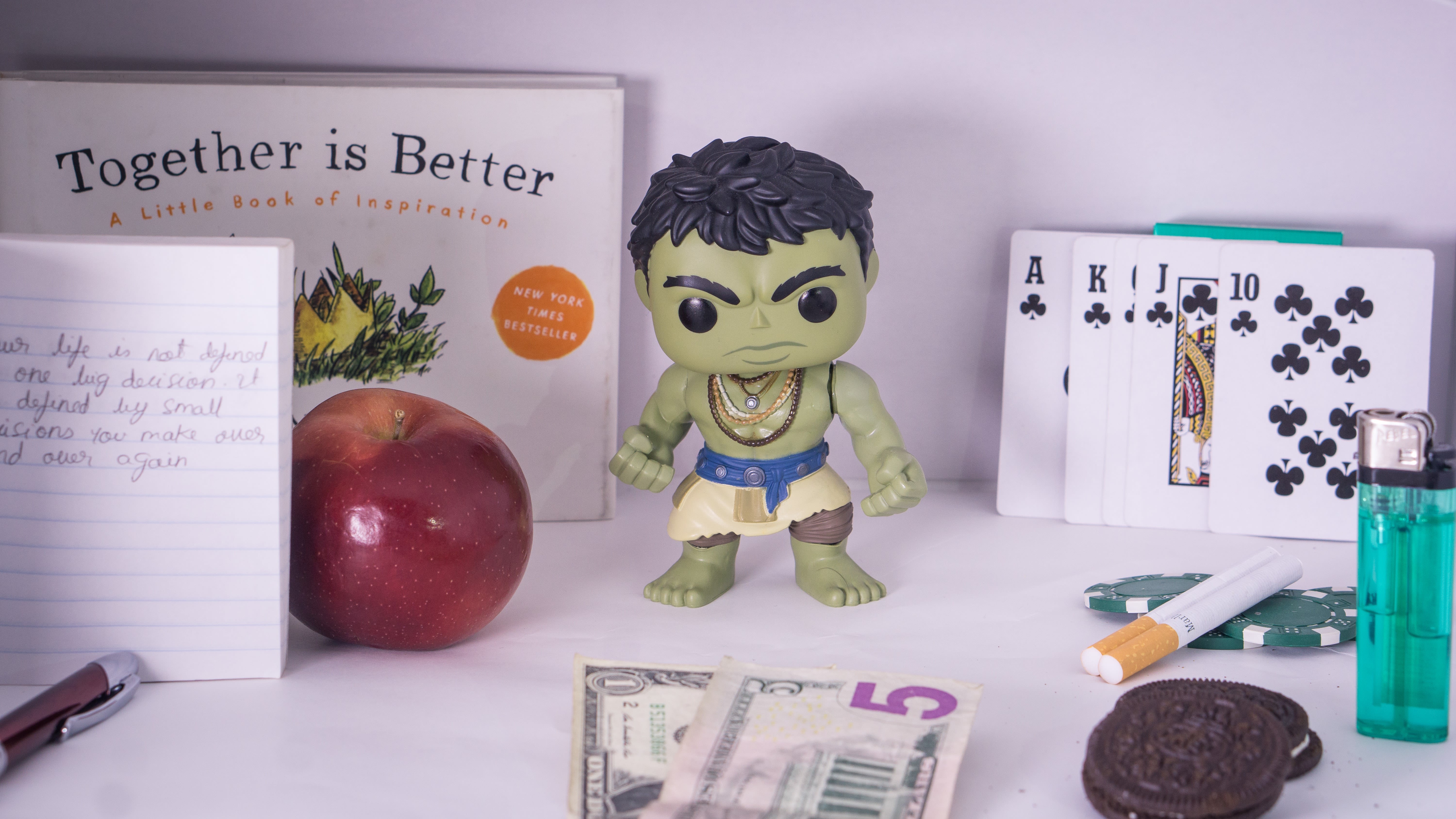“After climbing a great hill, one only finds that there are many more hills to climb.”
― Nelson Mandela
“If you want to be happy, be.”
-Leo Tolstoy
Dream!
If By Rudyard Kipling
I read this as a teen and never felt so inspired. I still keep reading to keep myself inspired.

If you can keep your head when all about you
Are losing theirs and blaming it on you;
If you can trust yourself when all men doubt you,
But make allowance for their doubting too;
If you can wait and not be tired by waiting,
Or being lied about, don’t deal in lies,
Or being hated, don’t give way to hating,
And yet don’t look too good, nor talk too wise;
If you can dream—and not make dreams your master;
If you can think—and not make thoughts your aim;
If you can meet with Triumph and Disaster
And treat those two impostors just the same;
If you can bear to hear the truth you’ve spoken
Twisted by knaves to make a trap for fools,
Or watch the things you gave your life to, broken,
And stoop and build ’em up with worn-out tools;
If you can make one heap of all your winnings
And risk it on one turn of pitch-and-toss,
And lose, and start again at your beginnings
And never breathe a word about your loss;
If you can force your heart and nerve and sinew
To serve your turn long after they are gone,
And so hold on when there is nothing in you
Except the Will which says to them: ‘Hold on!’
If you can talk with crowds and keep your virtue,
Or walk with Kings—nor lose the common touch,
If neither foes nor loving friends can hurt you,
If all men count with you, but none too much;
If you can fill the unforgiving minute
With sixty seconds’ worth of distance run,
Yours is the Earth and everything that’s in it,
And—which is more—you’ll be a Man, my son!
Would you be incredibly stupid, but lucky or incredibly genius, but unlucky?
Interaction with 3 kids that my wife was babysitting. They were watching some random game reviewer’s video, where he was asking different ‘what would you choose?’ questions and showing polls of what other people chose afterwards.
One of the question is “Would you be incredibly stupid, but lucky or be incredibly genius, but unlucky?”
Kid 1: What question is that, of course I would choose genius.
Kid 2: Yeah me too. [After a pause] but being lucky is lucky. I would prefer to be lucky.
Kid 1: No. But that makes you stupid. No body wants to be stupid. I would choose genius and unlucky
Kid 2: What would you do being genius it is of no use to you.
.
.
.
Me: Kids, you are both right, but you are missing other factors such as hard work and planning. It doesn’t matter whether you are genius or lucky, unless you put in effort you can’t succeed.
Kid 3 [came running to me]: His time of choosing video is over. It’s my turn , can I choose the next video.
They soon moved on to watching next video, but I am still stuck with that question.
Problem With Fake News in Digital Marketing
I was scrolling through my news feed, and shocked at what I found.
First, It was a story about a news paper vendor that helped Bill Gates when he doesn’t have money. - Fake
Next, It was a story about an interaction between JRD Tata and Amitabh - Fake.
Then, another couple of posts describing interactions where either candidates outsmarted interviewers or employees outsmarted their bosses. - Fake
Followed by a question of “what do you think?” or “Follow for more such stories”.
Problem is, such posts gets you views, likes, and LinkedIn connections but can never form a real connection. At some point, people differentiate between genuine and fake ones. When that happens, you might loose your authenticity and trust.
Digital Marketing is not just about quick views and likes, its about being authentic, gaining trust and earning loyal customers.
The Hulk is confused. Help him choose which side, he should step in.

A concept shoot, inspired from the conflict of decisions we face every single day.
Your life is not defined by one big decision. It is defined by small decisions you make over and over again.
Change happens, not when you change, but when you be yourself.